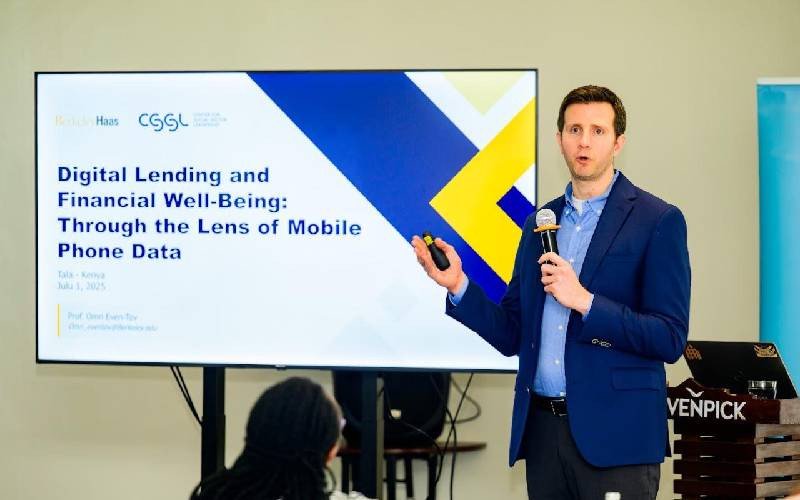

Digital lending is boosting financial outcomes for Kenyans, including larger mobile money balances, higher income, better employment prospects, and even an expansion in their social networks.
The research, co-authored by academics from Harvard Business School, the University of California, Berkeley, the University of British Columbia, and Northwestern University, challenges conventional wisdom that suggests that these borrowers would be more likely to misuse credit.
“Conventional wisdom would suggest that these borrowers would be more likely to misuse credit”, but instead, we found that they experienced significant improvements in financial well-being,’’ said Harvard Business School Assistant Professor, Jung Koo Kang.
According to him, this may suggest that traditional cutoffs for creditworthiness can potentially be conservative in emerging markets, where access to even small amounts of credit can unlock meaningful economic opportunities for these borrowers.
The study, titled
‘Digital Lending and Financial Well-Being: Through the Lens of Mobile Phone
Data’, utilised fully de-identified and anonymised datasets provided by Tala, a
prominent digital lender in Kenya.
Researchers conducted a rigorous causal inference analysis on a sample of 20,092 borrowers, specifically focusing on individuals who were randomly approved for loans despite their credit profiles suggesting rejection.
This unique methodological approach allowed the team to isolate the direct impact of digital credit, mitigating concerns about selection bias inherent in traditional lending.
The findings reveal a profound positive shift in borrowers' financial standing. Those granted digital loans were nearly 24 per cent more likely to be employed or self-employed compared to a control group of rejected applicants.
Their self-reported monthly income increased by 21 per cent. This directly addresses a key debate surrounding high-interest digital loans, often criticised for potentially exacerbating financial hardship.
Furthermore, approved borrowers travelled to 9.4 per cent more cities, suggesting heightened economic activity and mobility.
They also sent 27 per cent more text messages, indicating an expansion of their social and business networks, and saw their average spending per financial transaction rise by 15 per cent. The positive impact was particularly pronounced when borrowers used the funds for business purposes.
The study suggests that integration
of similar alternative credit models could enhance financial inclusion and
expand access to affordable credit for underserved populations globally,
offering a compelling counter-narrative to concerns about predatory digital
lending.












